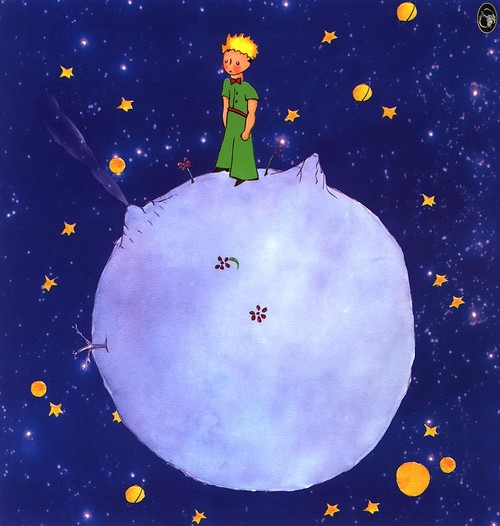
The Anthropic Principle justifies the existence of life against apparently infinitesimal small scientific odds of a life-sustaining universe. The arguments behind it can be fairly complex, but I think the most important part can be summed up very easily:
“If the outcome had been negative, we wouldn’t be around to witness it.”
In other words, if the universe had been inhospitable to human life, no one would be around to verify what came to pass. Although it is usually limited to justifying life on earth, the anthropic principle goes well beyond the cosmological. It effects how we understand any rare event which happens to happen to us.
Start with an extreme event. A fully loaded bus slides over the guardrail on a mountain pass. Ninety nine passengers die. One survives. It would hardly be surprising if that one passenger says God, and not random luck, saved her. After all, she alone survived, miraculously, while everyone else perished in a wreck which seemed destined to kill everyone.
But how do the other 99 passengers feel? Did God choose them to die, just like He apparently choose her to live? Maybe we could interview them. Oh, wait.
Take thousands of individual events, each one extraordinarily improbable, and try them out with billions of people over and over. The most likely result, the most scientifically probable, is that some people will experience extremely unlikely occurrences. If they go on to ascribe those experiences to more than just blind luck that shouldn’t surprise us. It’s only natural. But it most certainly doesn’t prove divine intervention.
Think of it this way: You, the consciousness reading these very words, are the product of millions of little events which could have just as easily gone the other way: If you mother didn’t have a soft spot for men with mustaches, if you great-grandfather hadn’t been shot down over France, if you great-great grandfather hadn’t bumped his head on that giant bottle of Sam’s Cure-all Tonic, you won’t be here today. You’re as unlikely as a tossed coin landing on its side. The universal probability bound is broken every day.
Of course the same thing goes for everyone else around you. Ten billion souls, each one coming into existence despite near impossible odds. Ten billion miracles, right? Only if you discount the stega-godzillion souls who’s coin flips landed the usual way and were never born. They are mute, silent, YouTube-impaired, invisible non-witnesses to their own bell-curve filling banality.

